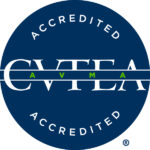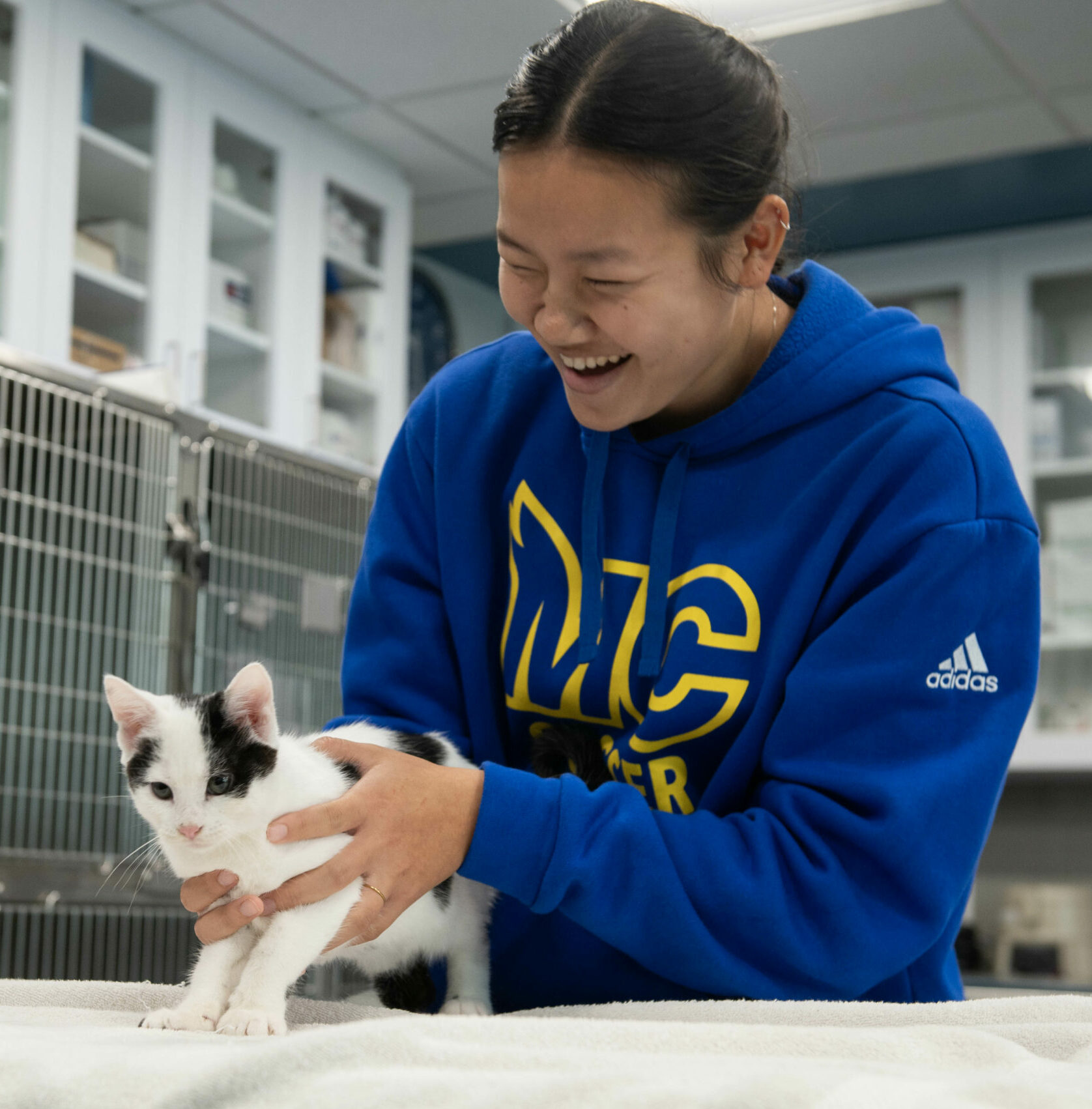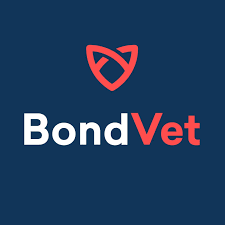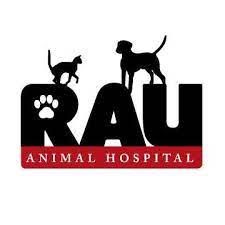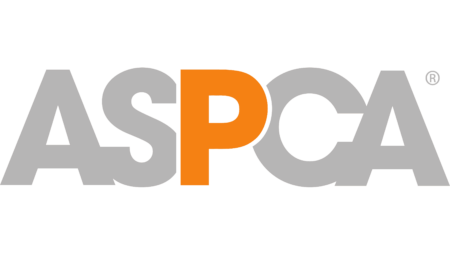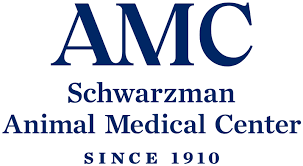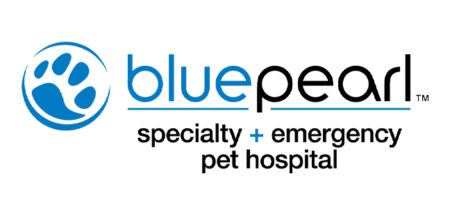Veterinary Technology
Veterinary Technology
A veterinary technician provides care to sick and injured animals and is trained in laboratory technology, radiography, anesthesia, surgical techniques and client education.
Why Study Veterinary Technology?
Certified Veterinary Technicians are essential to sophisticated veterinary medical facilities. Our graduates are readily employed in many animal health-related fields, as well as in regional veterinary hospitals.
Hands-On Opportunities
The program makes use of a 50-acre farm a short walk from campus, the home of many horses. In addition, the institution partners with Fox Chase Farm in Philadelphia for additional hands-on opportunities.
 Why You Should Choose Manor
Why You Should Choose Manor
The Veterinary Technology program has been accredited by the American Veterinary Medical Association (AVMA) since 1992. Manor College believes in experiential learning, working with small, large and laboratory animals on campus. Clinical laboratories of only six to eight students are taught in state-of-the-art veterinary facilities on campus. This allows for individual attention and instruction by experienced veterinarians and certified veterinary technicians. These labs include radiology, surgical assisting, anesthesiology, laboratory animal science and large and small clinical procedures. Tour Nevels Hall here.
After successful completion of the Veterinary Technician National Exam, graduates of Manor’s Program of Veterinary Technology are eligible to obtain a professional license to practice Veterinary Technology in Pennsylvania. Additionally, Manor Veterinary Technology graduates have the option to stay at Manor and earn a Bachelor’s degree in Veterinary Practice Management, or they may choose to transfer to a wide range of institutions of higher education, including the University of Pennsylvania and Delaware Valley University, to complete their undergraduate studies.
Manor’s Program of Veterinary Technology’s Mission Statement
The mission of the Program of Veterinary Technology at Manor College is to provide its students with an excellent education in the fundamentals of veterinary technology that ensures success when entering the workforce in a variety of veterinary clinical positions.
Career Opportunities
Employment in and around Philadelphia is rich with opportunity, including work in:
- Private small animal practices
- Emergency, critical care and specialty practices
- General practice for treating small animals and exotic species
- Pharmaceutical and biomedical research
- Academic instruction
- Laboratory animal medicine
- Food inspection
Optionally, after six months of employment in laboratory animal facilities, graduates in veterinary technology are eligible to take the level one certification examination given by the American Association for Laboratory Animal Science (AALAS) to become an Assistant Laboratory Animal Technician. Also, veterinary technicians may be employed in governmental agencies such as the United States Department of Agriculture (USDA).
Manor College Alumni Are Employed At:
Alumni Spotlight
Dr. Samantha Stankus ‘13
The childhood dream of Dr. Samantha Stankus ‘13 was to work with animals, but that goal seemed lost after attending a larger institution and performing poorly. She transferred to Manor College in 2010 and used the smaller class sizes to her advantage. She graduated from the Veterinary Technology program in 2013, continued her education at Jefferson University and currently works as an intern with the ASPCA in New York City.
“Becoming a veterinarian was not a dream that I was going to give up on, regardless of the hard work that it would require. Manor College helped me because I just happened to be a student who does not do well in larger classes. It gave me the experience to learn in a smaller environment.”
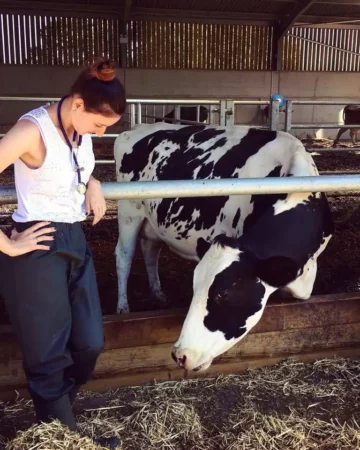
Veterinary Technology News From Manor
- Manor College Students Participate in Vet Tech Summit at Elmwood Park Zoo
- Manor College’s The Nest: Juggling Motherhood and Academics with Mary Anne Evans ’05, ’21
- Manor College’s The Nest: Finishing What You Started with Michelle Traverse ’99
- Manor College’s The Nest: Dominica Hathcock ’16
- Manor College, Delaware Valley University Sign Dual Degree Program Agreement
Related Programs
Associate Degrees
Bachelor’s Degrees
Disclaimer on Essential Functions for Allied Health Programs
The Essential Functions outlined herein are distinct from academic standards and refer to the physical, cognitive, and behavioral abilities necessary for successful completion of all components of the Allied Health Division curricula.
These functions represent the fundamental skills and attributes required to perform competently and safely in both academic and clinical settings.
Students must demonstrate essential abilities in the following areas:
● Intellectual (critical thinking and decision-making)
● Motor (fine and gross motor skills for clinical procedures)
● Sensory (sufficient vision, hearing, and tactile ability)
● Communication (effective verbal, nonverbal, and written communication)
● Environmental (ability to function in diverse clinical environments)
● Behavioral and Social (emotional stability, professionalism, and interpersonal skills)
These essential functions are necessary to meet the demands of the profession and to ensure the safety and well-being of patients, colleagues, and the student. Applicants and students who are unable to meet these requirements, with or without reasonable accommodations, may be unable to progress in or complete the program.
